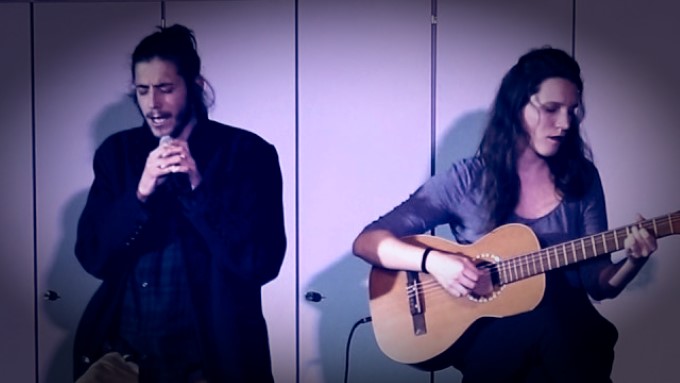Lura "Di undi kim bem"
Lura "Di undi kim bem" (Where I came from)
Born in Lisbon to parents from Cabo Verde, Lura (full name Maria de Lurdes Pina Assunção) sings in both Portuguese and Cabo Verdean styles. This song is a poem in Kriolu (the Portuguese/African creole of the Cape Verde islands), put to music by Lura. You don't need to speak creole to notice the mixture of both tenderness and anger in this performance.
What it's about: "Di Undi Kim Bem" means "Where I came from", while "La di undi kim bem" means "There where I came from". Lura says this repeatedly and intensely throughout the song. So it's more personal than geography. It's about her ancestors and the origins of the mixed-race inhabitants of Cabo Verde, including both her and the writer of the words.
Where I came from
There are stories to weep over
Mournful songs
That tell of homesickness for a distant land...
Where I came from
Black women had mulatto children
The full moon illuminates the darkness of all Cape VerdeThere where I came from
There’s a secret history kept by time
A scent, a mystery marked on the skinThere where I came from
The full moon soothes the torment
Of the chains people once brought from AfricaTied at the feet, tied at the wrists, whipped on the body
("Maradu na pe, maradu na mon, sotadu na corpo" x2)
There where I came from
Letra: Abraão Vicente
Musica: Lura
Translation and original creole lyrics from www.luracriola.com
On a

